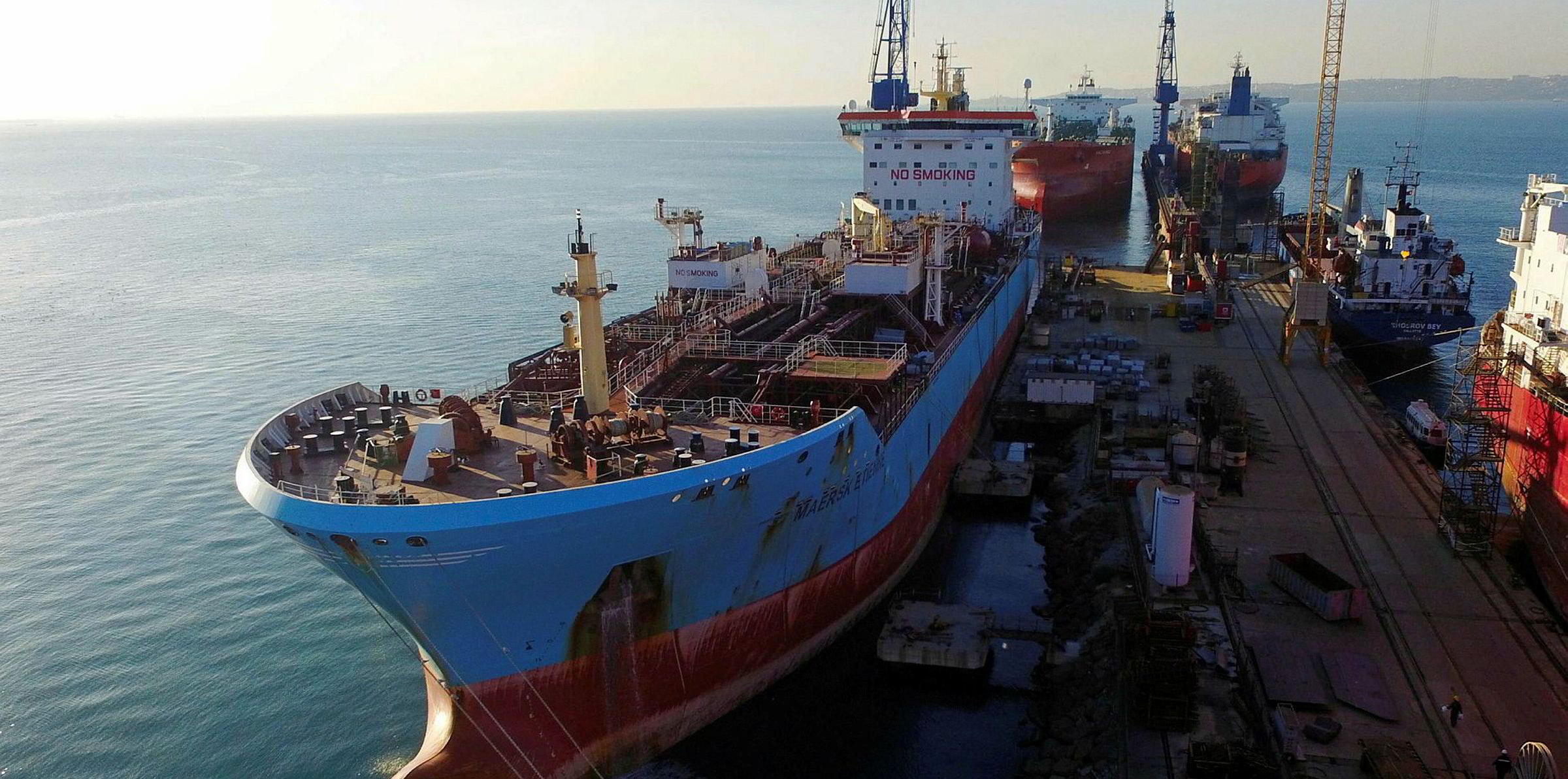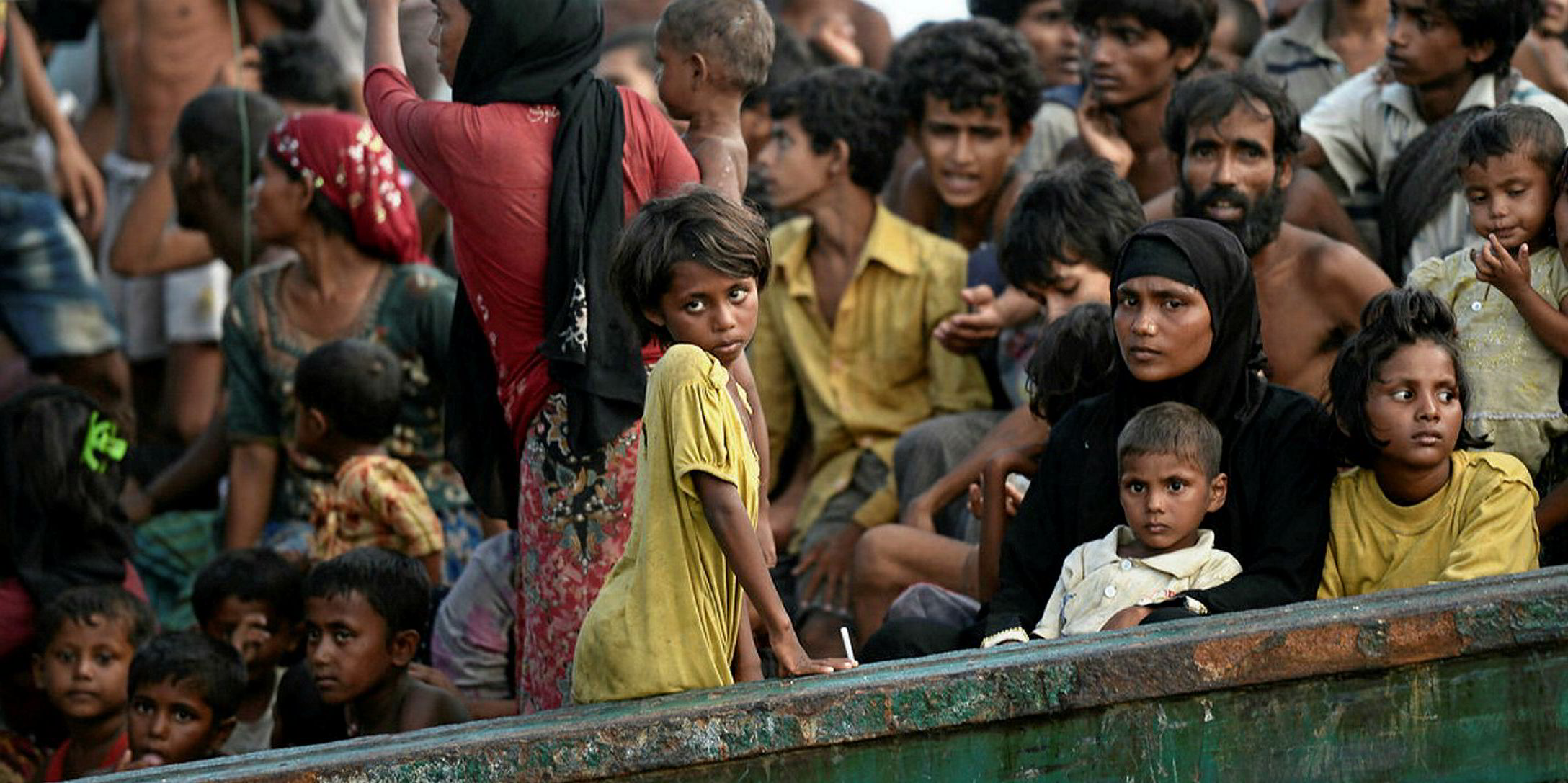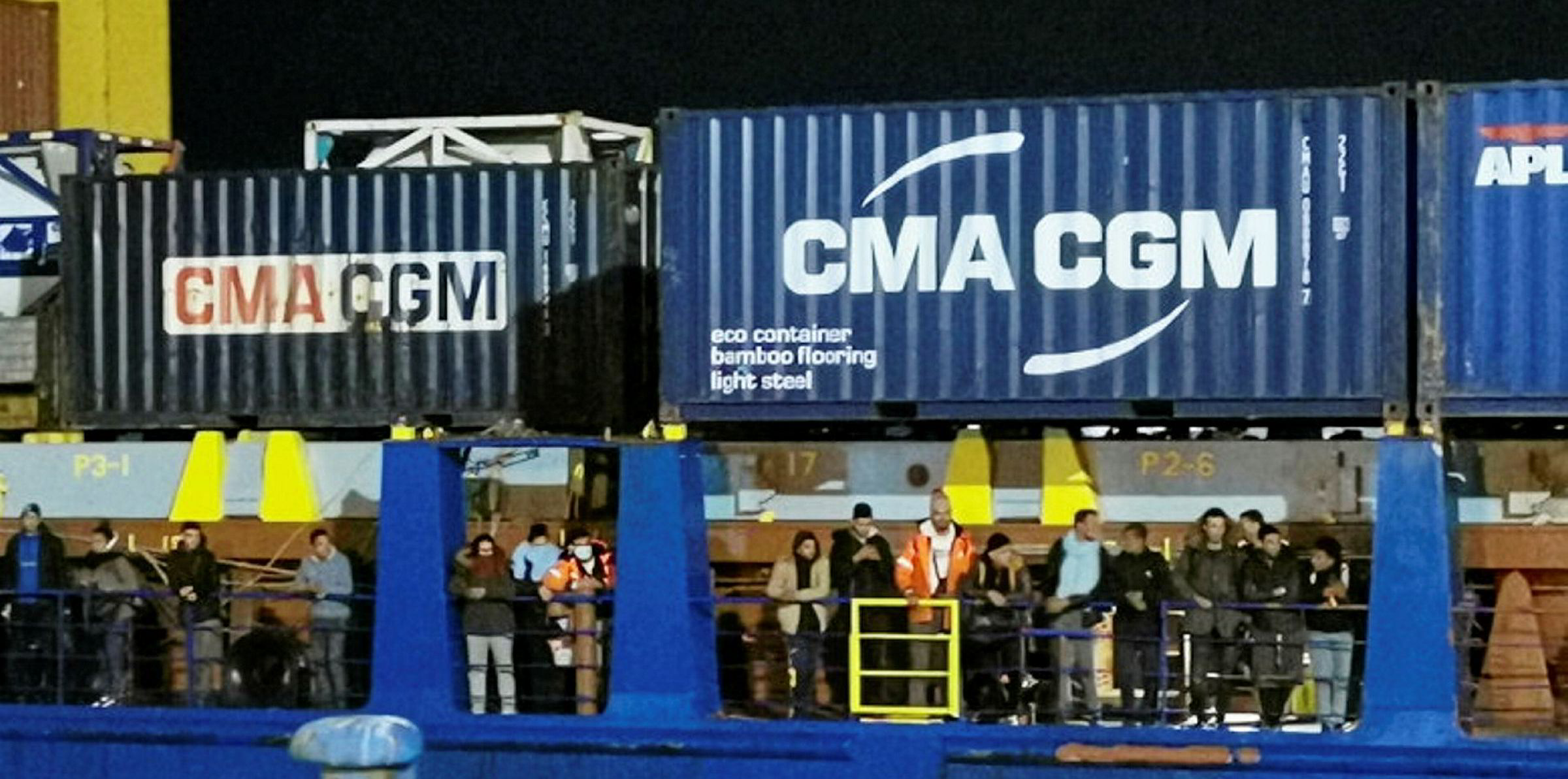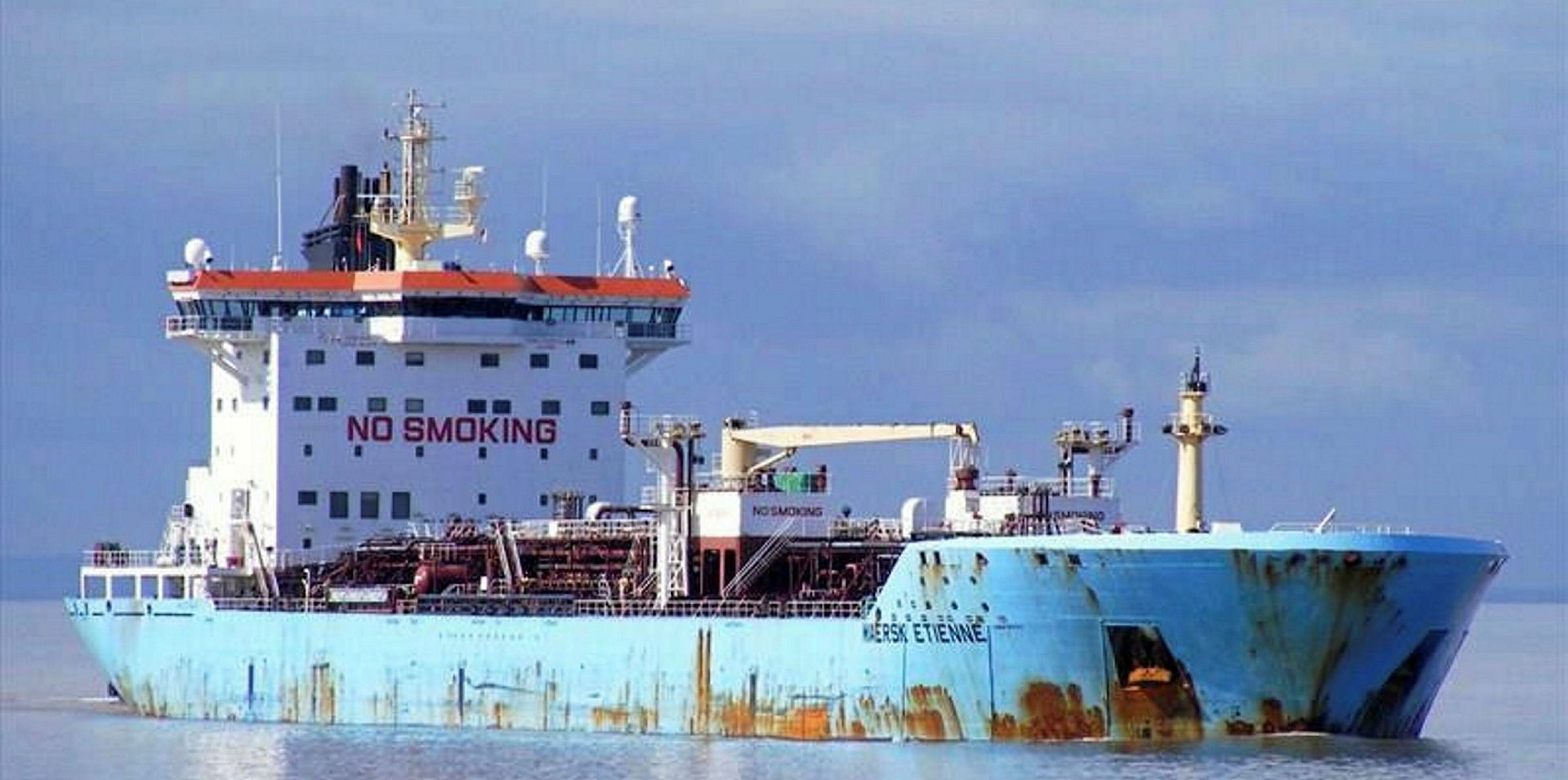The 27 migrants rescued by a Maersk Tankers crew nearly a month ago remain on board the ship.
The Danish tanker owner said on Tuesday that the 27 days the migrants have spent aboard the 36,900-dwt Maersk Etienne (built 2014) is a "new and unfortunate record" for a commercial ship.
"We are calling on responsible governments for urgent humanitarian assistance and a safe disembarkation of the 27 people we rescued four weeks ago," Maersk Tankers said in a statement.
"We ask the relevant authorities to ensure that these migrants are immediately tended to and provided the care and attention they need. Doing so will allow our captain and crew to continue their voyage and return home to their families."
The 27, including a pregnant woman and at least one minor, were aboard a ship in Tunisian waters that was adrift and taking on water on 5 August after having left Libya two days prior.
At the behest of Maltese authorities, the Maersk Etienne allowed the migrants on board and bought them to the island country, where authorities refused to allow them to disembark.
No other country has volunteered to allow them off the ship, either.
AIS data shows the ship remains at anchor off Malta.
Migrant rescue organisation Alarm Phone has argued Malta is refusing in order to prolong the suffering of migrants as a method of deterrence.
Appeal for help
Maersk Tankers said the crew of the Maersk Etienne lack the resources for a sustained humanitarian effort.
"A tanker ship is neither designed nor equipped to accommodate additional people; we therefore find ourselves in a situation where our supplies are rapidly depleting," the company said.
Maersk Tankers' calls echo those from Danish Shipping in mid-August.
Then, Maria Skipper Schwenn, the trade group's executive director for security, environment and maritime research, said those in distress at sea must be helped — but the commercial shipping industry cannot solve the migrant crisis.
"As the situation is now, we are letting down the shipping companies and crews that are taking responsibility for people in distress at sea," she said.
"The coastal states around must react immediately and take their responsibility seriously, so these people can get proper care."







